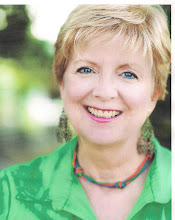I just retook an abbreviated version of the Myers-Briggs personality test. Yep, I’m still an INFP, meaning I’m likely to go off the deep end so far as following my heart is concerned, and I’ve done it more than once. Persons of my ilk tend to get buffeted, bruised and burned out. So I have gained a bit of caution in my old age—not so likely to tilt at windmills, but still passionate, i.e. still trying “write” the wrongs of the world.
I also just finished reading Uncle Tom’s Cabin and a biography of its author. What do these bits of achievement have in common? I have found a kindred spirit in Harriet Beecher Stowe.
Mrs. Stowe, as she was referred to in her time, felt injustice keenly, as I do. We both were reared in Christian homes in which religious and political debate was common. I and she are products of a religious doctrine that restricts women to certain roles and limits the use of our gifts. Both Harriet and I felt drab in comparison to our friends and sisters. We each had a father who wished we were boys. And we each have measured the world by a set of absolutes.
But the Puritan ethos of Harriet’s day was more optimistic than my own. In her time, a large portion of America believed that “thy kingdom come” would be fulfilled in an earthly utopia created by the heroic efforts of Christians. And many human ills were righted, at least temporarily, by people of that era; slavery being the most notable.
And yet, the twenty-first century has dawned with more humans in slavery and with as many, if not more, instances of mass inhumanity. Victorian optimism died with the Civil War and the last passenger pigeon. But we INFPs keep marching into battle with our hearts on our sleeves and in our throats—tempered by the knowledge that any good we achieve on this earth will be fleeting and inspired by faith that our reward will be eternal.
Sunday, August 28, 2011
Subscribe to:
Comments (Atom)
